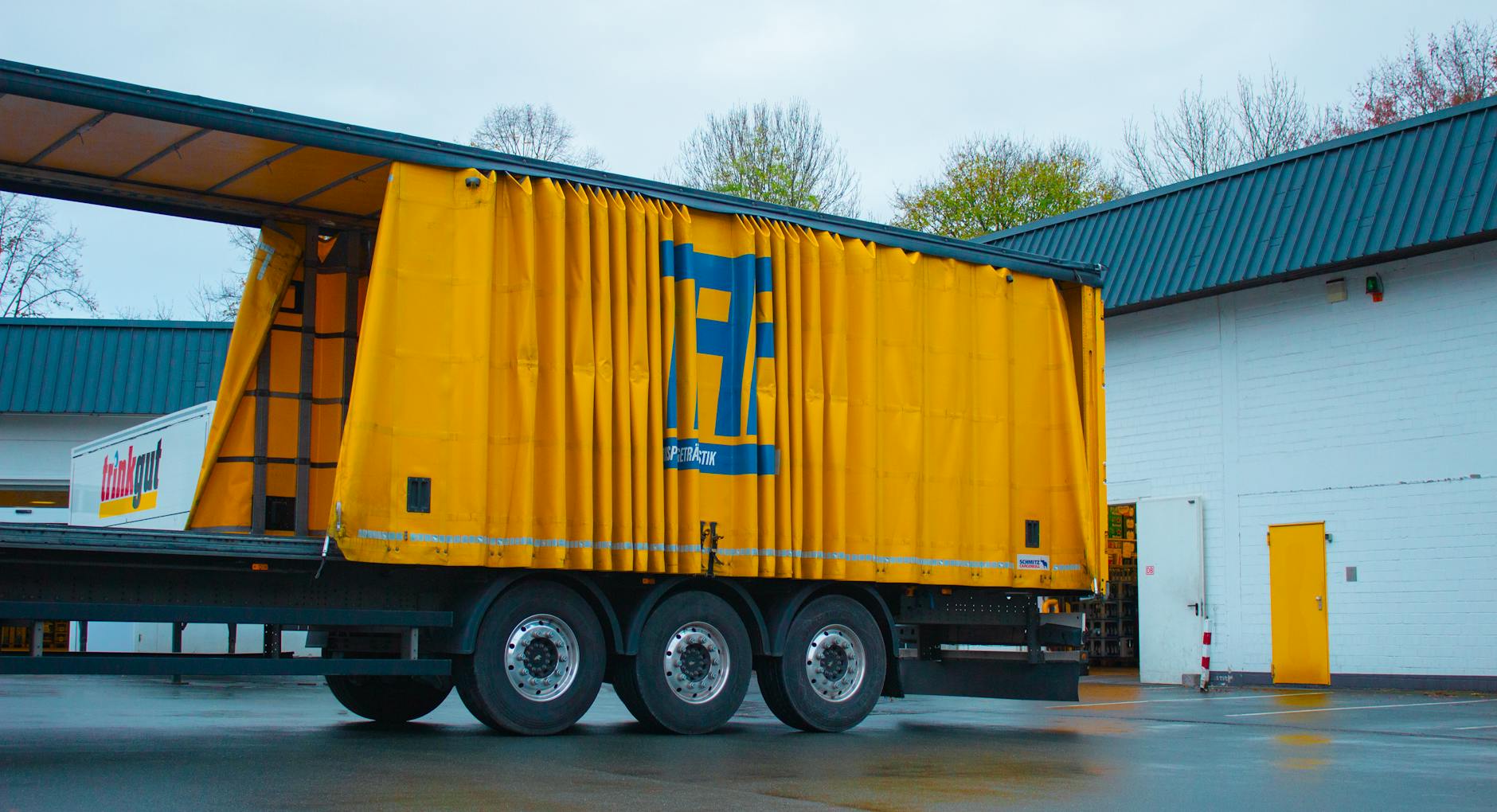What Are the Best Eco-Tips for Entrepreneurs in Australia?

Sustainable Sourcing
Choosing Ethical Suppliers
In my role as a sustainable business strategist, it’s clear that selecting suppliers who align with your environmental goals is crucial. When you’re traversing the scenic pathways of the Royal Botanic Gardens Melbourne, consider how the essence of nature can inspire a commitment to eco-friendly practices. This foundation begins with choosing suppliers that share a dedication to sustainability, ensuring every part of the production process is ethical and responsible. Understanding the importance of sustainable order fulfilment can revolutionise how we approach logistics, ensuring that every step from source to delivery embraces green principles.
Certifying Eco-friendly Materials
Verifying that the materials you use meet stringent sustainability standards is another crucial step in sustainable sourcing. The goal is to avoid greenwashing and only choose suppliers that truly adhere to sustainable practices. By focusing on certifications from credible organisations, you champion the ethos of sustainability. Think about the attention to detail required in pick packing, where every item is handled with care and precision — this mirrors the meticulous approach required in ensuring materials are genuinely eco-friendly.
Building Transparent Supply Chains
Transparency can no longer be an afterthought. Creating a supply chain that is both clear and sustainable requires a commitment to open communication, from raw material sourcing to end-product delivery. This approach not only builds trust but also aligns with your ethical standards. Sharing insights and revealing the thought processes behind each decision in your supply chain is akin to exploring the sustainable shopping options at Queen Victoria Market, where transparency fosters confidence and loyalty among conscious consumers.
Efficient Operations
Managing an e-commerce business sustainably requires careful consideration of logistics and operations. One aspect to consider is partnering with a 3pl warehouse that prioritises efficiency while maintaining eco-friendly practices. Streamlined transportation methods, such as route optimisation and fuel-efficient vehicles, can significantly reduce your carbon footprint.
In terms of waste management, start by evaluating your packaging materials. Are they recyclable or made from sustainable resources? Implementing a return policy for packaging can encourage customers to participate in your eco-friendly practices. This could be as simple as offering rewards or discounts for returned packaging, which promotes recycling and aligns with the values of environmentally conscious consumers.
Optimising resource allocation is another key element. Leverage technology to monitor energy consumption and identify areas where you can cut back. Energy-efficient lighting and equipment can be invaluable investments. Consider solar panels or energy-saving appliances to further reduce your operational costs while supporting your sustainability goals.
Visit places like the Royal Botanic Gardens Melbourne for inspiration on integrating natural elements into your workspace. This connection with nature may help foster a more inviting atmosphere and boost employee morale. Prioritising these insightful eco-tips can help you run a more sustainable business, allowing you to stay competitive in the growing ecommerce logistics sector without compromising on your environmental values.
Green Marketing Strategies
Crafting Eco-conscious Messaging
Incorporating eco-conscious messaging can transform your brand's interactions with eco-minded consumers. I find it effective to highlight sustainable approaches similar to those seen in the environmental initiatives at Melbourne Zoo. You can use storytelling to articulate the journey of your products, from sourcing to final delivery. When it comes to product packaging and distribution, consider communicating the benefits of minimal waste and renewable resources, which resonates with an audience passionate about the environment.
Leveraging Social Media Platforms
Social media is an innovative tool in promoting sustainable practices. Platforms like Instagram and Twitter are effective for showcasing how your business aligns with green values. Sharing behind-the-scenes efforts, such as renewable energy use or logistics partnerships with 3pl providers prioritising sustainability, can build a deeper connection with your audience. Implement eco-focussed hashtags and graphics to engage eco-minded communities actively.
Partnering with Green Influencers
Collaborating with green influencers amplifies your reach and credibility. Look for influencers whose values align closely with your brand. They can help broadcast sustainable achievements and eco-friendly initiatives to a broader audience. Partnering in this way ensures authenticity and broadens your influence, allowing you to engage with those truly interested in sustainable transformations. It's a strategy that not only informs but inspires change among your clientele and beyond.
Community Engagement
Hosting Sustainability Workshops
Organising sustainability workshops is an excellent way to engage with your community and amplify environmentally friendly practices. These workshops can cover a range of topics, from the basics of maintaining a green business to advanced sustainable strategies. One insightful eco-tip is to partner with local environmental experts to provide enriching content and actionable steps. Whether held virtually or at a local community center, workshops present an opportunity to promote your commitment to sustainability, while also offering your audience valuable knowledge.
Collaborating with Local Eco-groups
Forming alliances with local environmental groups can bolster your brand's sustainability mission. By sharing resources and knowledge, you can tackle larger eco-friendly projects that benefit both your business and the wider community. For example, teaming up with environmental groups involved in initiatives at the Melbourne Zoo can enhance your brand's profile while also contributing to local conservation efforts. Such partnerships can offer a way to increase the credibility of your brand and showcase your active role in fostering a sustainable future.
Participating in Environmental Initiatives
Participating in environmental initiatives offers a tangible way to demonstrate your brand's eco-friendly values. Events like clean-up drives or tree-planting activities provide a platform to engage your audience and employees in hands-on activities that make a real difference. Being involved in such initiatives not only enhances your reputation but also positions your brand alongside other sustainability-focused organisations. For logistics solutions, consider exploring third party logistics providers who share a commitment to green operations, ensuring your entire supply chain reflects the same strong environmental values.
Future-Thinking Strategies for Eco-Entrepreneurship
Innovations in Eco-Logistics
To enhance your sustainable enterprise, it's essential to adopt innovative eco-logistics practices. For example, utilising carbon-neutral delivery is a step forward, potentially minimising overall carbon footprint. We know that adopting electric vehicles can pose an upfront cost, but the long-term benefits, including reduced emissions and energy savings, make it a worthwhile consideration. Additionally, integrating route optimisation software could decrease fuel consumption, leading to both environmental and financial savings. Another strategy is to explore partnerships with companies offering freight forwarding Australia services that are committed to green transportation methods.
Emphasis on Local Collaboration
Fostering relationships with local businesses and community groups in Melbourne is a strategic way to support sustainable practices. For instance, engaging with the eco-friendly vendors at Queen Victoria Market can ensure the ethical sourcing of materials for your products. These collaborations not only reduce environmental impact but also strengthen your local business network. Initiatives such as participating in the environmental programs of the Melbourne Zoo also provide platforms to showcase your commitment to sustainability, benefiting both your brand and the community.
Eco-Minded Consumer Engagement
Engaging with consumers on ecological topics builds brand loyalty among the sustainability-focused demographic. Conducting workshops or events at inspiring venues like the Royal Botanic Gardens Melbourne can offer immersive experiences that educate and inspire. Furthermore, leveraging these interactions through eco-conscious content on digital platforms can amplify your message effectively. Incorporating insights from these events into your business models can also lead to innovative ideas that resonate well with a green-conscious audience.


